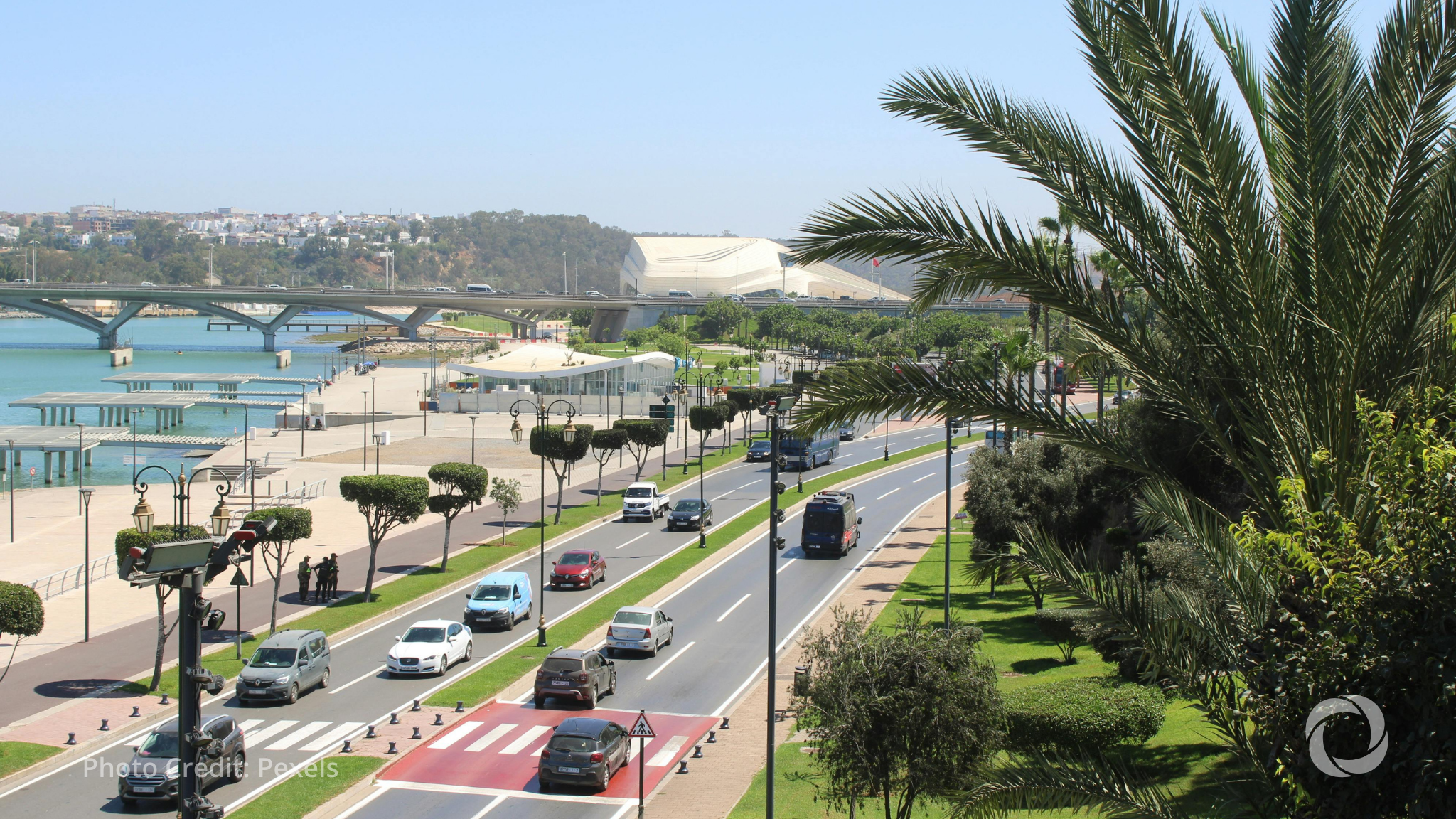A major new partnership between KfW Development Bank and the World Bank is helping Morocco modernize its public transport system and cut emissions, with a focus on transforming mobility in the Casablanca-Settat region, the country’s largest urban hub. The agreement, signed under a new cooperation framework, will channel funding into developing a regional express train network (RER) to improve mobility, reduce congestion, and support Morocco’s broader climate goals, the KfW Development Bank said in a recent release.
The Casablanca-Settat region, home to nearly 8 million people, faces growing traffic problems as rapid urban expansion and rising car usage strain existing transport systems. Morocco’s transport sector accounts for roughly a third of national energy consumption and produces around one-third of total carbon emissions, mostly from road transport. The government aims to cut energy use in this sector by 24.5 percent by 2030, aligning with its national climate commitments.
The new RER network, similar to suburban rail systems in major European cities, will link Casablanca with surrounding communities and allow passengers to easily connect with metro and tram lines. The project includes investments in railway lines, stations, power and maintenance infrastructure, and institutional capacity-building for Morocco’s national rail agency, ONCF.
To finance this initiative, the World Bank is contributing USD 350 million through its International Bank for Reconstruction and Development, while KfW is providing a EUR 200 million low-interest loan and a EUR 2 million grant for technical support. Funding will be released based on verified progress toward agreed results, reinforcing accountability under a Programme for Results model.
Beyond reducing traffic congestion and emissions, the new system aims to make transport more accessible and affordable for residents, improving connections to jobs, schools, and essential services. By investing in cleaner, more efficient mobility infrastructure, Morocco is taking a key step toward sustainable urban development, while KfW and the World Bank strengthen their collaboration on climate-friendly transport across Africa.

